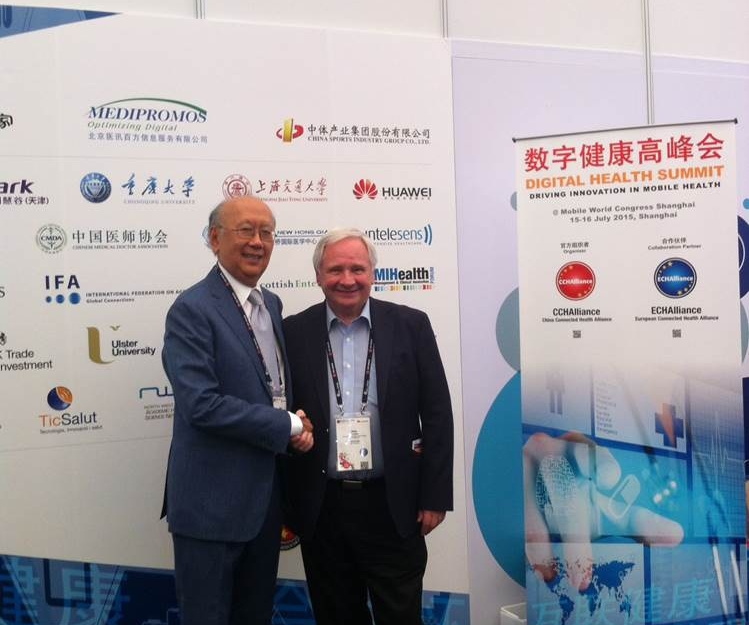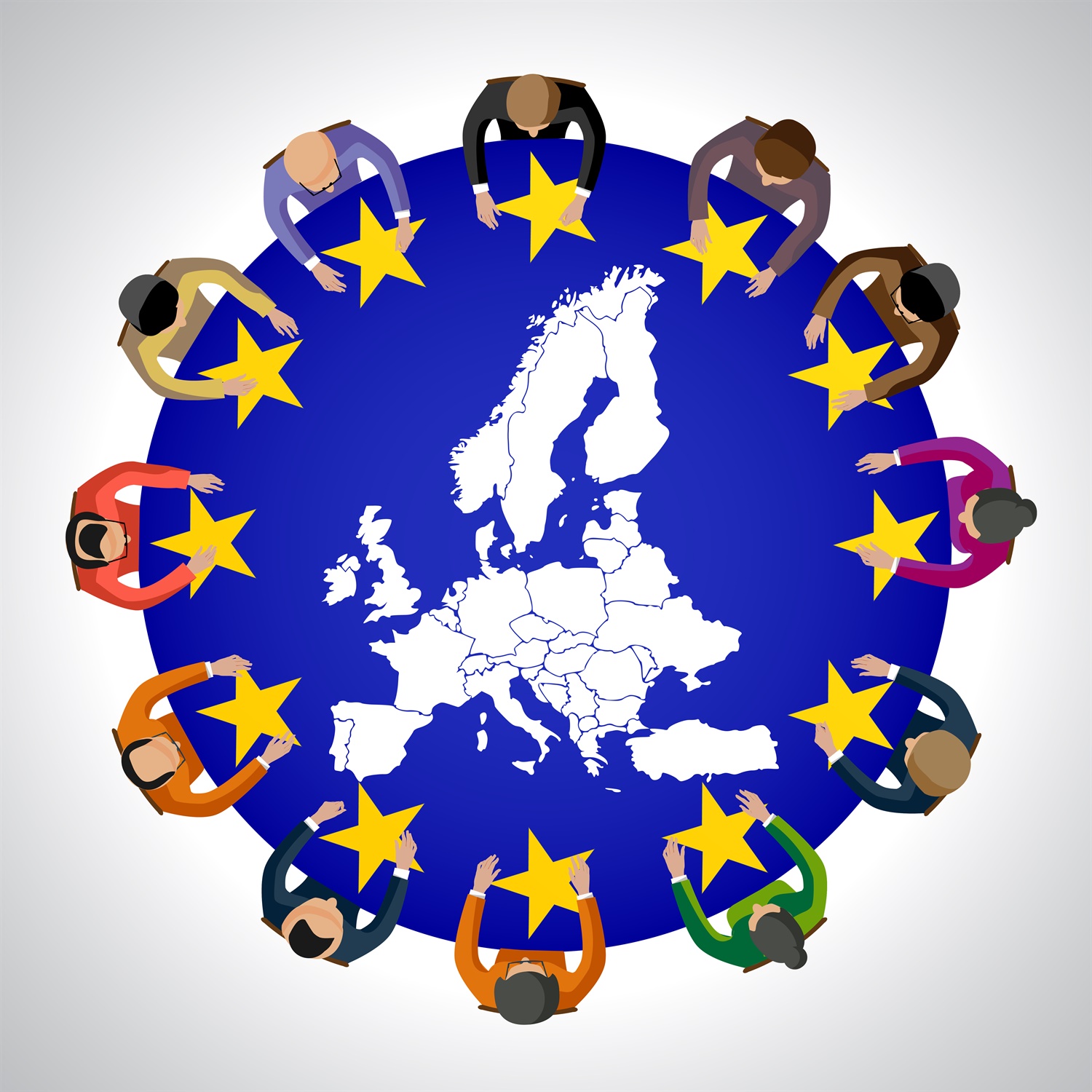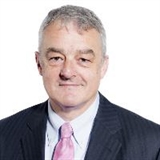02.08.15
Soon ‘digital healthcare’ will just be ‘healthcare’
Source: NHE Jul/Aug 15
Bleddyn Rees, a leading corporate healthcare lawyer, discusses the European Connected Health Alliance and his role as director.
Unlike many other industries, like IT or even property services, healthcare is not a global industry. There are no clinical providers operating across all continents driving best practice and innovation. This slows down improvements in quality and efficiency.
What is digital health?
Digital health is a generic term covering eHealth, mHealth, telecare, telehealth and telemedicine. It means both technology (including medical devices) and clinical services that use enabling digital products and services. Surprisingly, there are no legal or accepted industry definitions for these different types of digital health services.
Paul Sonnier uses the following definition: “Digital health is the convergence of the digital revolution with health, writ large. In addition to medicine and healthcare, digital health encompasses consumer-focused sports, fitness and wellness solutions, which can be considered preventive medicine.”
So digital health includes public health and uses business-to-business as well as business-to-consumer models.
Unlike banking, where no-one refers to ‘ebanking’ any longer (just banking), the health sector has not yet embedded digital technologies as part of the everyday delivery of its services.
The European Connected Health Alliance (ECHAlliance)
The ECHAlliance is a not-for-profit organisation ‘connecting’ the silos within health and social care systems and transferring best practice, lessons learned and innovation from one region or country to another. How does it do this? Via ECHAlliance ‘Ecosystems’ – permanent groupings of the stakeholders needed to actually deploy digital health at scale on commercial terms.
The Ecosystems hold four business meetings a year and involve NHS providers and commissioners, social care commissioners and providers, universities (clinical, business and engineering schools), the voluntary sector, housing and industry. Industry includes global businesses from pharma, telecoms and IT, as well as start-ups and SMEs.
More surprisingly, businesses from the worlds of aviation, automotive and energy are involved – for example, oil and maritime businesses have the most experience of telecare in remote locations, including on ships, oil rigs and very remote and hostile environments.
From modest beginnings in Spain (Barcelona), UK (Belfast and Manchester) and Finland (Oulu), the ECHAlliance now has additional Ecosystems in Estonia, Greece, the Republic of Ireland, Scotland and the United States. New Ecosystems are about to launch in Canada, France and Poland, and are planned for the Czech Republic, Denmark, Germany, Italy, Latvia, the Netherlands, Slovenia and Sweden. By the end of 2015, there will be over 30 ‘International ECHAlliance Ecosystems’.
The ECHAlliance has a sister company – the Chinese Connected Health Alliance – which is promoting digital health in China, where the opportunities are enormous given the sheer population and ageing demographics of the country. It has just organised the first Digital Health Summit in Shanghai, as part of the GSMA Mobile World Congress.

Each Ecosystem has a coordinator who organises the businesses meetings. When Ecosystems are launched, they normally have a strategic agenda set by the public body with responsibility for health and social care services. However, as the Ecosystem develops, the stakeholders start to influence its scope and activities and any member may propose subjects and give presentations.
The Ecosystem becomes a challenge-led environment. An example would be Northern Ireland, when the chief pharmacist gave a presentation on medicines management in which he explained the costs to the NHS of emergency treatment for people who failed to take their medicines. Following the presentation he convened a roundtable where anyone present and interested could discuss how to solve the challenge. A working group was then formed to develop a specification for possible solutions. This led to the UK’s first health SBRI tender and saved the health service over two years (their estimate of how long it would have taken to develop the specification themselves).
The Ecosystems also use a ‘speaker’s corner’ idea, whereby any organisation gets three minutes to promote itself or a product or service, and ‘matching’, where organisations provide online profiles, offers and needs, and book meetings with other members at the Ecosystem meetings. In Northern Ireland, the Ecosystem meetings often attract between 150 to 200 attendees.
The ECHAlliance is about to launch its connector platform, which links its Ecosystems and its members to facilitate collaborations across a health and social care community of 15,000 organisations.
Ecosystems in England
The ECHAlliance recognised that the AHSNs (Academic Health Science Networks) had much in common with it, especially around promoting innovation, generating economic activity and building international links. Today there are two ECHAlliance Ecosystems run in collaboration with AHSNs – Manchester and North West Coastal. Discussions are taking place with Yorks & Humber and the Health Innovation Network (South London) to create a further two Ecosystems.
International opportunities
ECHAlliance has an international coordinator whose job it is to liaise with each Ecosystem to understand their priorities and – whenever possible – facilitate collaboration between them, whether by sharing information, knowledge, toolkits, pathways or service design, or through joint working.

A good way to share innovation has been presentations from one Ecosystem to another. Increasingly, Ecosystems members bid together for EU projects and funding as part of a variety of programmes, including Horizon 2020, the Ambient Assisted Living and European Innovation programmes.
The ECHAlliance has extensive relationships with the European Commission to help promote the digital health and social care agenda. Perhaps surprisingly for many people, it has found over the last five years that each country has many more things in common than fundamental differences. The key is our role as the ‘honest broker’ and connector to facilitate ever-greater collaboration between the ‘coalition of the willing’. No country has a monopoly on good ideas and sometimes innovation is found in surprising places; for example, despite the financial position in Greece, it is the first EU country to introduce universal electronic prescription of all drugs to its citizens.
The ECHAlliance has ambitious plans to raise funding to allow comparative research and programmes and innovation competitions across the network, with a corporate Dragons’ Den type event bringing together different industries to invest.
Membership is free for NHS organisations. We are increasingly working with NHS organisations like the Strategic Projects Team in collaboration with West Suffolk NHS FT, both of whom are ECHAlliance members.
About the author
 Bleddyn Rees is a vastly experienced commercial lawyer with 30 years advising on outsourcings, privatisations, complex contracts and projects, and has advised government and the Department of Health at the highest levels.
Bleddyn Rees is a vastly experienced commercial lawyer with 30 years advising on outsourcings, privatisations, complex contracts and projects, and has advised government and the Department of Health at the highest levels.
He provides extensive advice on healthcare regulations, commissioning and contracting for healthcare services, partnerships, collaborations and public private partnerships in the health sector. He is also the chair of the Industry Advisory Board of Health Innovation Network (the South London AHSN).